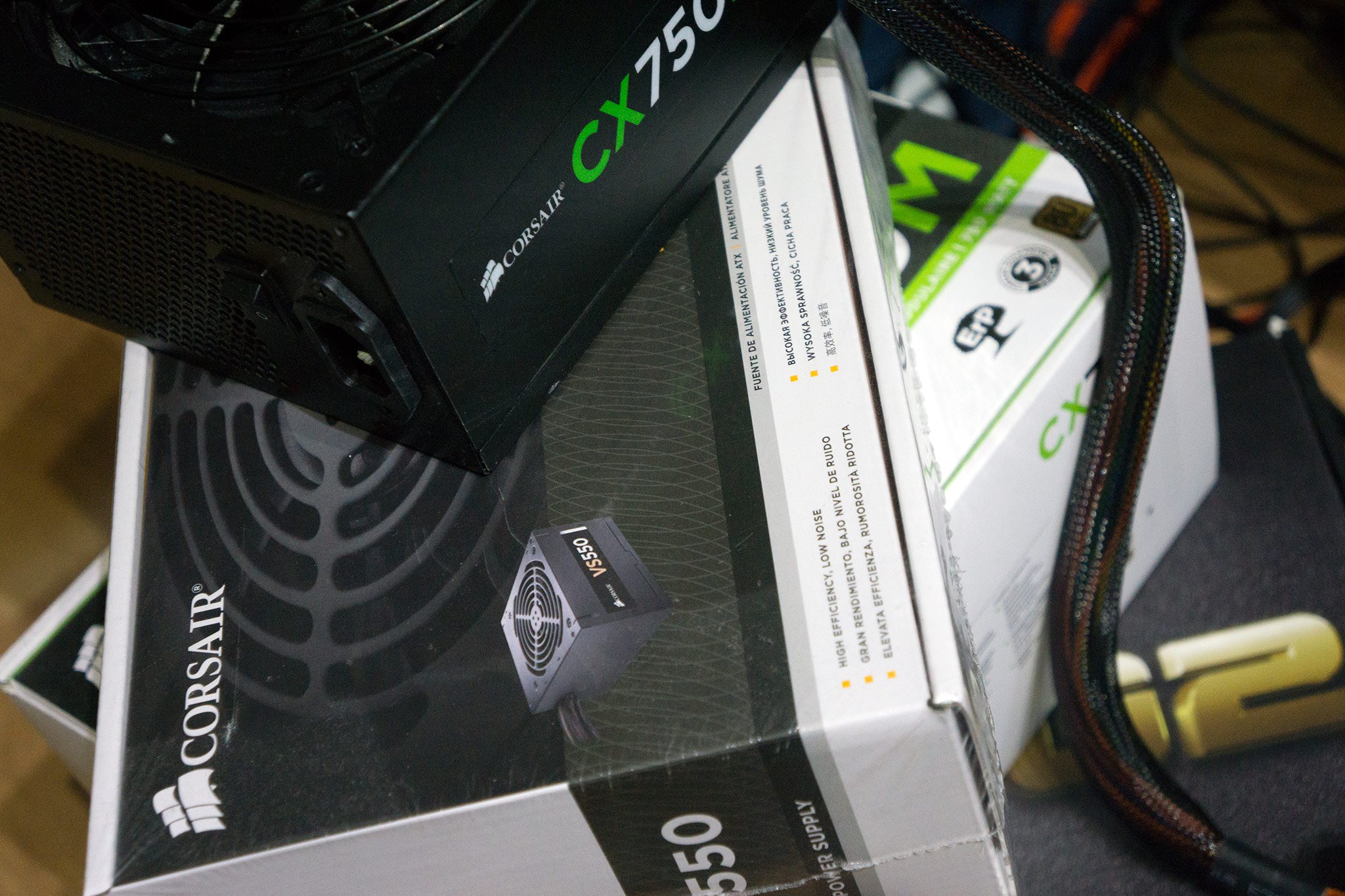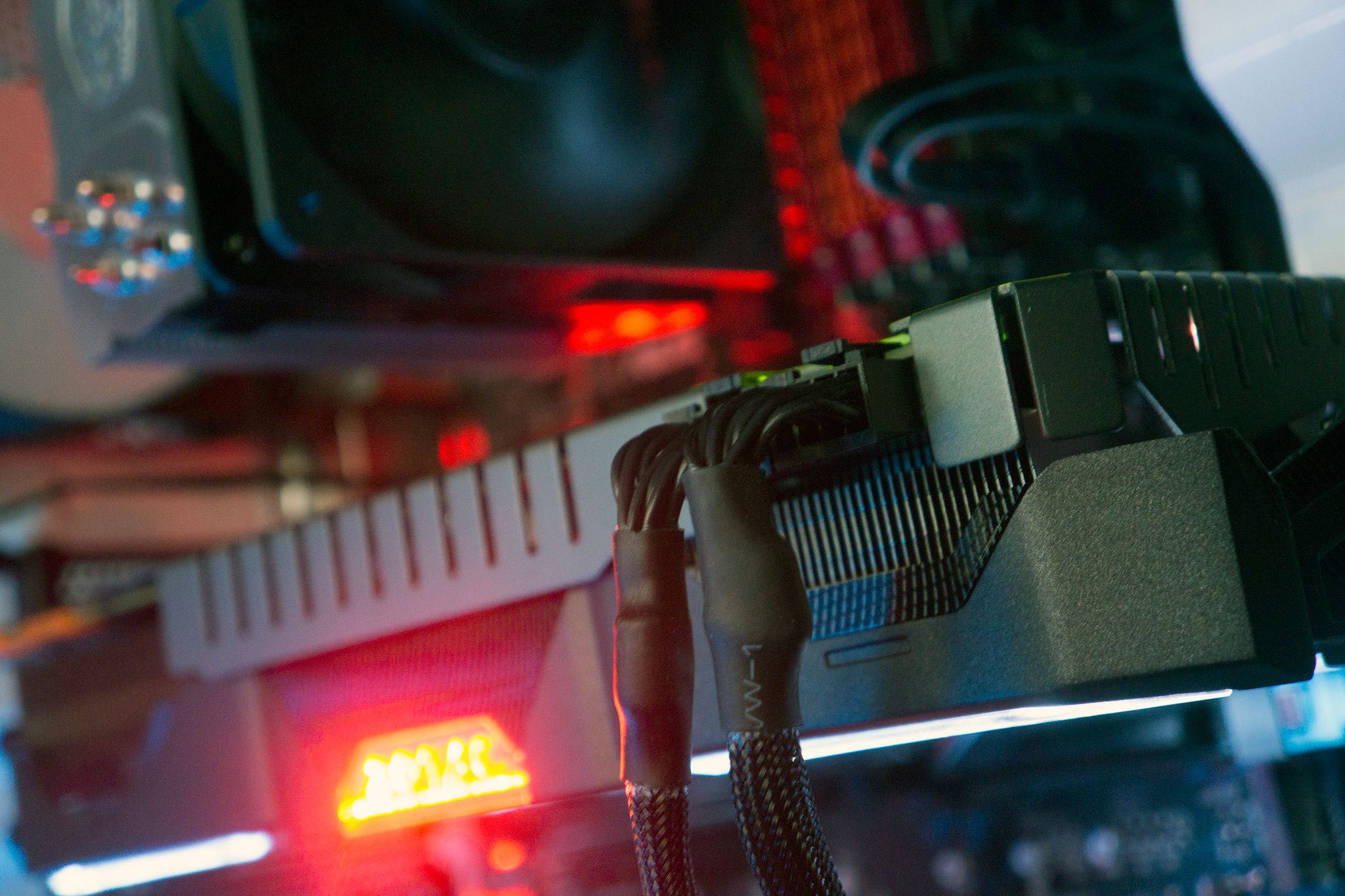Does the power supply inside your the PC provide enough juice?
If there's one component you simply cannot cheap out on, it's the power supply (PSU). We run through how you'll be able to tell what you'll need.


When looking at various build plans or a new component to upgrade, one has to consider the power supply unit. Can it provide enough power? Is it from a reliable brand to ensure a stable supply? These are but just two questions that will need to be answered and thankfully we can lend a helping hand, not to mention there are handy calculator tools available that can determine whether or not you require additional power.
The power supply unit needs to provide enough stable electricity to the motherboard, CPU, GPU, connected hard drives, any case mods and fans. While manufacturers offer up TDP calculations and the like, it remains fairly difficult to accurately calculate exactly how much power you're going to need.
There's a safe margin that's considered more than adequate for a single-GPU PC build: 500W. You'll be able to power not only the GPU, which requires separate power connections as you hit the more demanding segments, but also numerous fans, some lighting and everything else in-between. The goal is to not go with the highest watt, but the best in the business for your buck.
It's better to go for a reliable model from a reputable brand that has just 500W-750W capacity over a more affordable 1500W PSU. Often the marketed capacity is what the unit will be able to provide at peak under full load. Your PC not only requires power, but "clean" and stable power. It's all about frequencies, how much juice is provided through the 12v rails, whether you have modular cables to keep everything tidy and improve airflow, silent operation, and higher efficiency.
Calculate your needs
There are a number of calculation tools available that help give you an idea as to what capacity you should be looking at. While we'd not recommend you need anything more than 500W or 750W at the most, if you're looking to throw in a second GPU, or simply wish to future proof for upgrades, you may need some more capacity. Find below a list of tools that can be used to estimate how much power your system may draw:
While we urge folk to give these tools a try if you're not entirely sure what you'll need, they shouldn't be used as final verdicts. After calculating your PC build, see our best power supply round-up and work from there.
Best power supplies for your PC
Get the Windows Central Newsletter
All the latest news, reviews, and guides for Windows and Xbox diehards.

Rich Edmonds was formerly a Senior Editor of PC hardware at Windows Central, covering everything related to PC components and NAS. He's been involved in technology for more than a decade and knows a thing or two about the magic inside a PC chassis. You can follow him on Twitter at @RichEdmonds.
